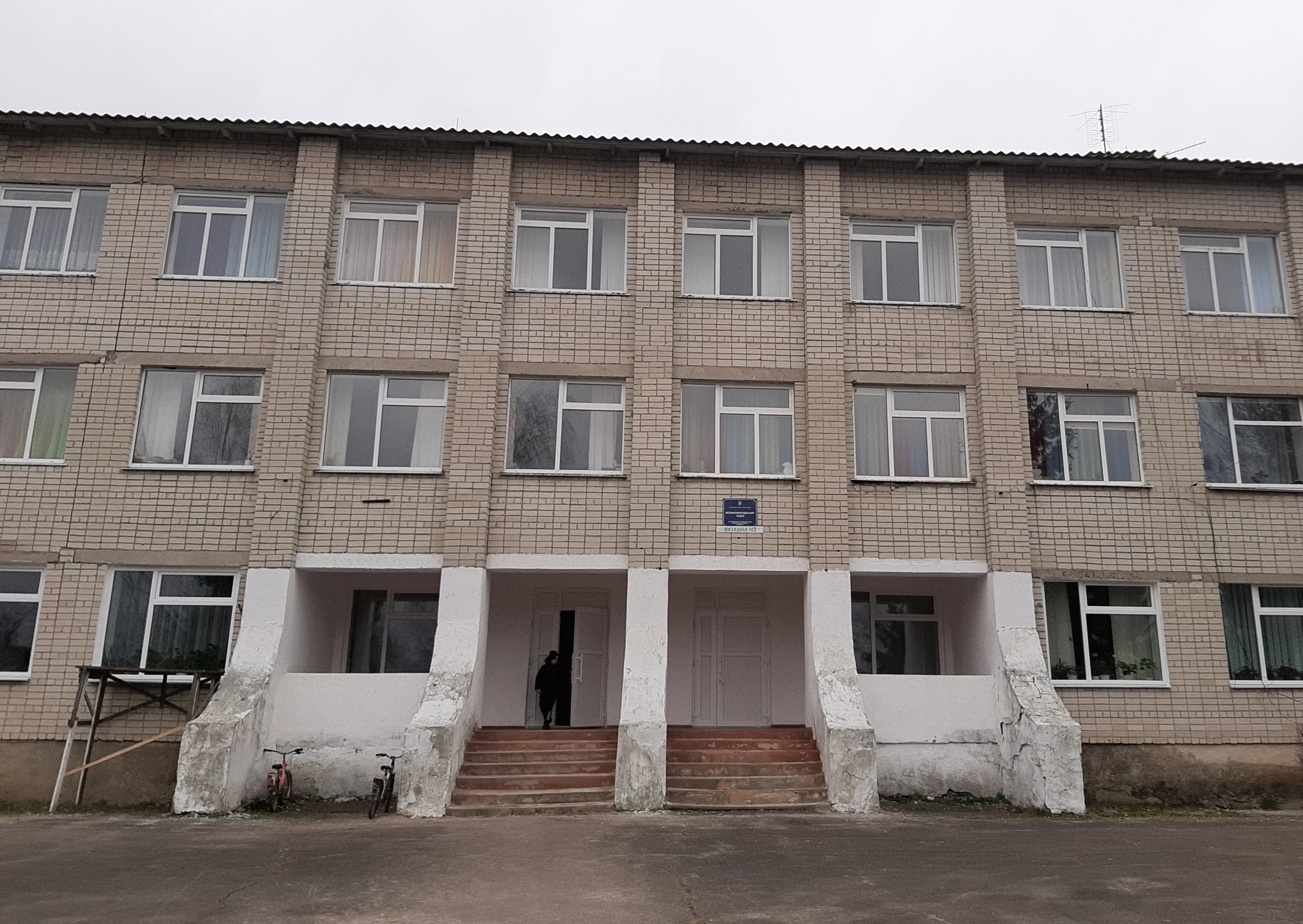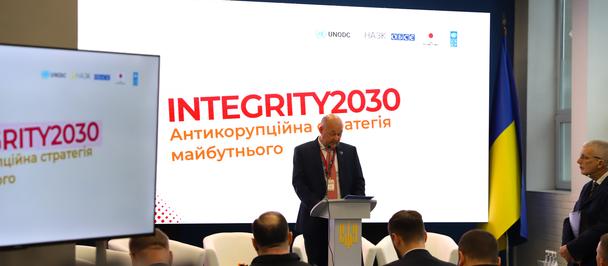Funding to be used in five municipalities to repair 12 educational facilities damaged by war
Germany earmarks EUR 5 million to rebuild schools in Ukraine
February 24, 2023

Velykozholudsky lyceum in Rafalivka village, Rivne oblast, is one of the schools being refurbished under the project.
Kyiv, 24 February 2023 – The Federal Government of Germany is allocating EUR 5 million in funding to support a project in Ukraine to repair schools damaged by the war, the United Nations Development Programme (UNDP) in Ukraine has announced.
Latest figures from Ukraine's Ministry of Education and Science show that as a result of hostilities, more than 3,000 educational institutions have been damaged or completely destroyed.
Overall, according to the UN Office for the Coordination of Humanitarian Affairs, learning in Ukraine has been severely affected by the war, leaving almost 5 million children in need of education support in 2022.
The UNDP-led project will support resilience building and green recovery through repairing and retrofitting damaged education facilities in war affected areas, as part of the UNDP’s Resilience Building and Recovery Offer. Initial targets for funding were drawn from a list of 74 schools distributed over 12 municipalities that are in need of urgent repairs. The list was issued by Ukraine’s Ministry of Education.
The German government’s funding contribution will further support the Ukrainian government in repairing 12 more schools in five municipalities (Zaporizhzhia, Mykolaiv, Rivne, Sumy and Chernihiv), enabling over 3,000 students to get back to their studies.
UNDP Resident Representative in Ukraine Jaco Cilliers said facilities that have been lightly or partially damaged will be repaired and retrofitted. “UNDP teams have already started visiting each building and assessing its exact rehabilitation needs,” he said. “An expedited procurement process will identify a group of companies to undertake the repair work, which will be done in full compliance with national legislation and Eurocode 8, adhering to Build Back Better principles.”
German Ambassador to Ukraine Anka Feldhusen said it is important to invest in the future of Ukraine, and in the resilience of its children and their teachers. “Ultimately, it is the children who will take over this great country and build it back better,” she said. “But they need schools in which to learn, and teachers to show them the way. We also need to make sure their school buildings are healthy places to study.”
Using the Eurocode 8 standard, which applies to the design and construction of buildings and other civil engineering works in seismic regions, a uniform approach will be taken to the repair/retrofitting of existing buildings. Hazardous construction materials (e.g., asbestos, POP containing sealants) will be banned and environmentally friendly furnishings and equipment (e.g., LED lights instead of mercury containing fluorescent light bulbs) will be promoted. Accessibility criteria also will form a key part of the initial design brief and will be part of the requirements used to select the design team and the developer.
Media enquiries: Yuliia Samus, UNDP Ukraine Head of Communications; e-mail: yuliia.samus@undp.org

 Locations
Locations



